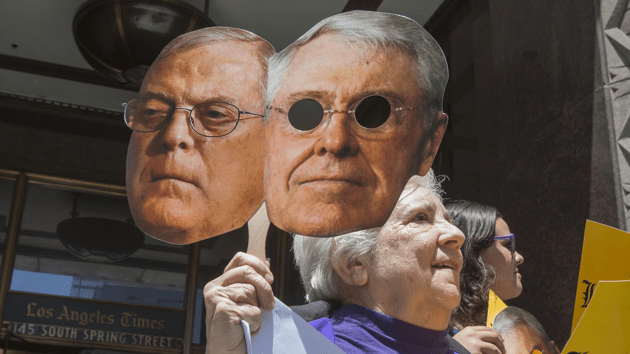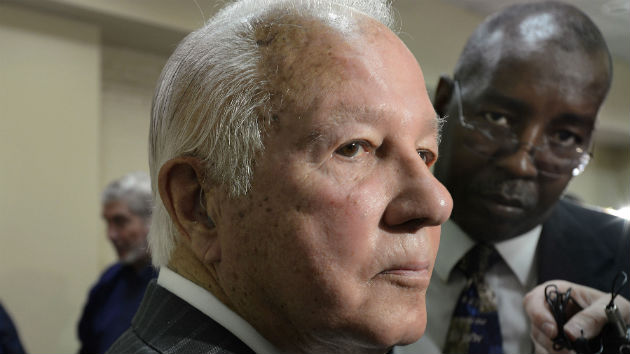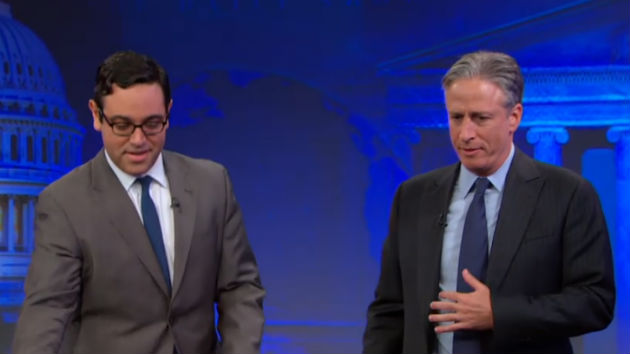In 1958, Fred Koch, the founder of the Midwestern oil and cattle ranching empire that would become Koch Industries, became a charter member of the John Birch Society, the fiercely anti-communist organization whose members believed Soviet influence was infecting all aspects of American society. The Birchers attempted to place their weight on “the political scales…as fast and as far” as they could, but their movement was quickly sidelined to the ideological fringe. Two of Fred’s four sons, Charles and David, have carried forward the conservative torch, and they have succeeded where their father and his allies failed. Their father’s company, meanwhile, has grown into a multibillion-dollar conglomerate that is the second-largest private corporation in the country.
Though the Koch surname has become synonymous with political spending, the family’s philanthropy has flowed to a wide range of causes. A significant portion has gone to think tanks and policy institutes that advance the brothers’ free-market beliefs. And Charles Koch has lavished millions on universities to bolster their study and teaching of this school of economics. But Koch contributions have also established cancer research centers, funded ballets and preserved cultural institutions, and provided grants and scholarships to students.
This project, an effort to track the breadth of the Kochs’ philanthropic influence, builds on several years of reporting (which culminated in Dan Schulman’s book, Sons of Wichita, and our cover story “Koch vs. Koch“), news stories, as well as data from tax filings and the organizations’ websites. (See more about our methodology below.) What follows is by no means exhaustive. It’s the first round of a project that we’ll continue to expand and update; please leave suggestions and tips in the comments.













